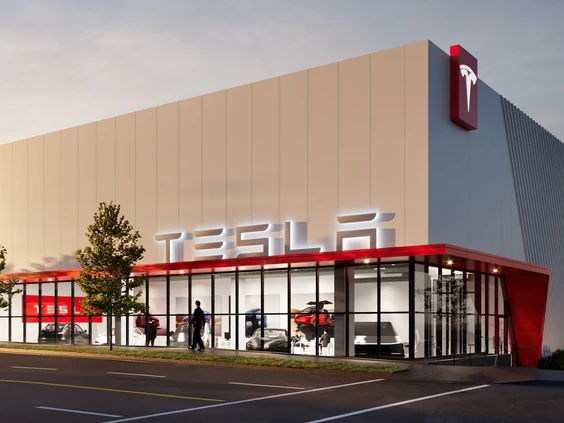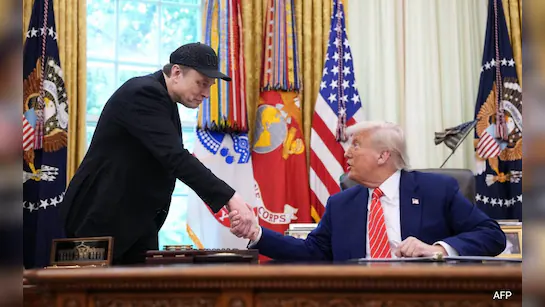In an unexpected twist that sent shockwaves through Wall Street, Tesla Inc. lost more than $150 billion in market value in a single day following a fiery escalation between Elon Musk and former President Donald Trump.
The fallout comes amid reports that their previously warming relationship took a sharp downturn, triggering fears of political retaliation and investor uncertainty — and sending Tesla’s shares into freefall.
What Sparked the Feud?
According to sources close to the Trump campaign, tensions escalated after Elon Musk publicly criticized Trump’s newly proposed economic plan, calling it “a subsidy trap and anti-innovation.” In response, Trump blasted Musk during a rally in Pennsylvania, calling Tesla “overhyped” and threatening to revoke federal contracts and tax incentives granted to Musk’s various companies — including Tesla and SpaceX.
Almost instantly, markets reacted. By the end of the trading day, Tesla stock plummeted by over 14%, wiping out $150 billion from its market capitalization — one of the steepest one-day drops in the company’s history.
📉 Business Shockwaves
Tesla’s decline didn’t happen in isolation. The feud rattled confidence across the tech and energy sectors, dragging down the Nasdaq Composite Index by 0.8% and the S&P 500 by 0.5%. Analysts noted that the magnitude of the drop reflected not just investor concern over Tesla, but the broader risk of political volatility affecting major corporations.
“This is what happens when two powerful egos collide,” said Tony Alvarez, senior analyst at Greystone Capital. “Markets hate uncertainty, and Trump’s remarks introduced exactly that — especially with so many Tesla projects linked to federal funding.”

What’s at Risk for Tesla?
Tesla has long benefited from federal tax credits and clean energy incentives. Trump’s threats to cancel these could severely impact the company’s aggressive plans, including:
- The highly anticipated robotaxi launch, scheduled for later this year.
- Government-linked contracts involving battery storage and EV infrastructure.
- SpaceX missions tied to NASA and U.S. military partnerships.
In addition, investors have expressed concern about Musk’s increasing political entanglements, which some say are distracting from operational performance and technological innovation.
Who Stands to Lose… and Who Might Gain?
Losers:
- Tesla shareholders: Many retail and institutional investors saw immediate losses.
- Consumers & EV adoption: Political instability may hurt long-term faith in the U.S. EV market.
- Democratic green agenda: With Musk’s estrangement from the Biden administration already underway, the feud adds friction to federal clean-energy progress.
Potential Winners:
- Tesla competitors: EV makers like Rivian, Lucid, and BYD may seize market share amid the chaos.
- Defense contractors: SpaceX rivals like Blue Origin could capitalize on disrupted contracts.
- Short sellers: Hedge funds that bet against Tesla profited heavily from the stock’s collapse.
Signs of a Truce?
Despite the turmoil, there are rumors that White House officials have arranged a private call between Trump and Musk, seeking to defuse tensions. While neither party has confirmed the meeting, sources say a potential reconciliation could “stabilize” Tesla’s stock in the coming days.
In after-hours trading, Tesla’s stock partially rebounded by 4%, suggesting some optimism that the worst may be over — for now.
Gistmattaz Takeaway
The Tesla-Trump feud is a stark reminder that in today’s politicized business environment, corporate empires can rise or fall on a few public statements. For Musk, the clash risks both investor confidence and government partnerships. For Trump, it underscores his willingness to weaponize economic influence — and the unpredictable consequences that follow.




















